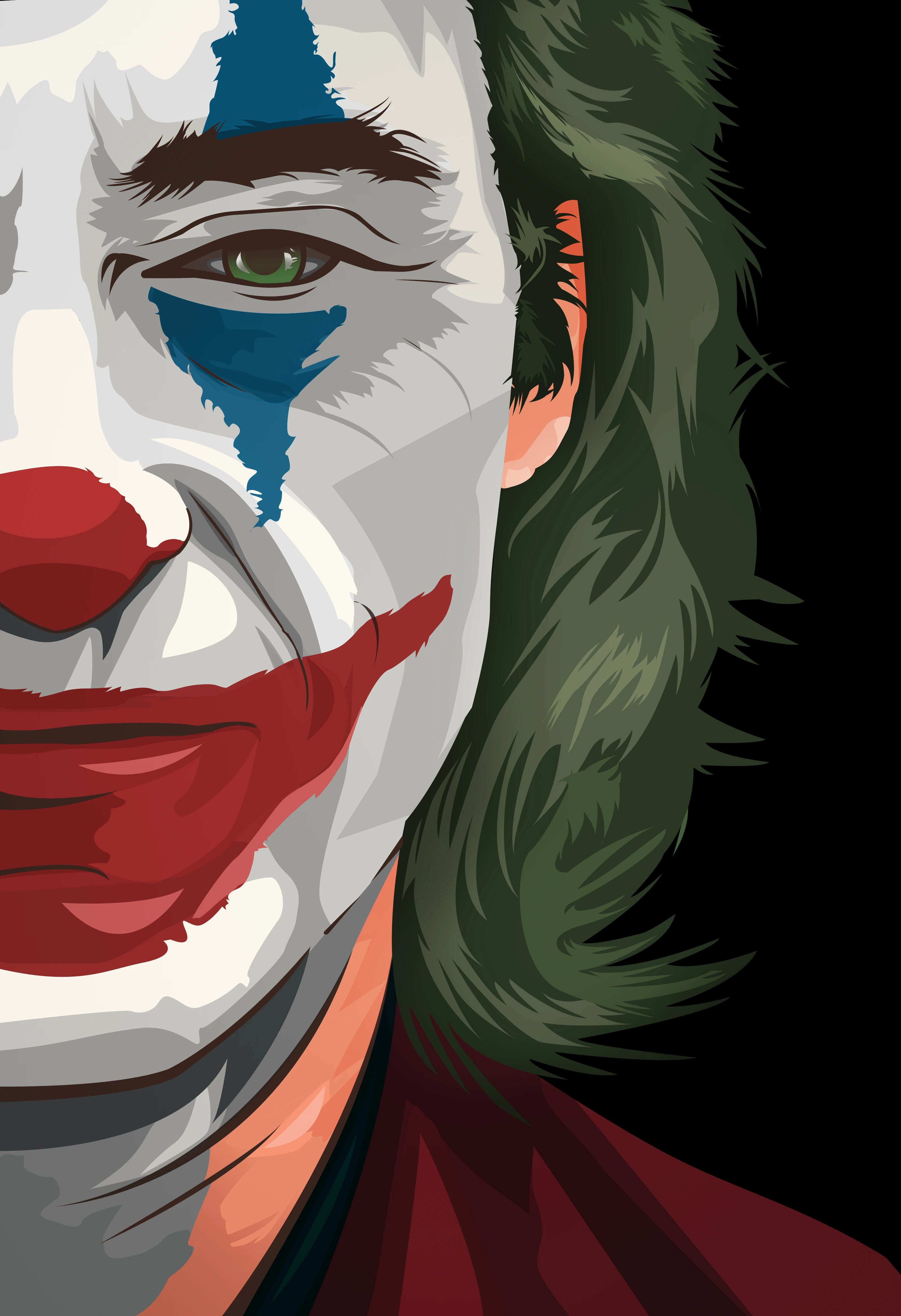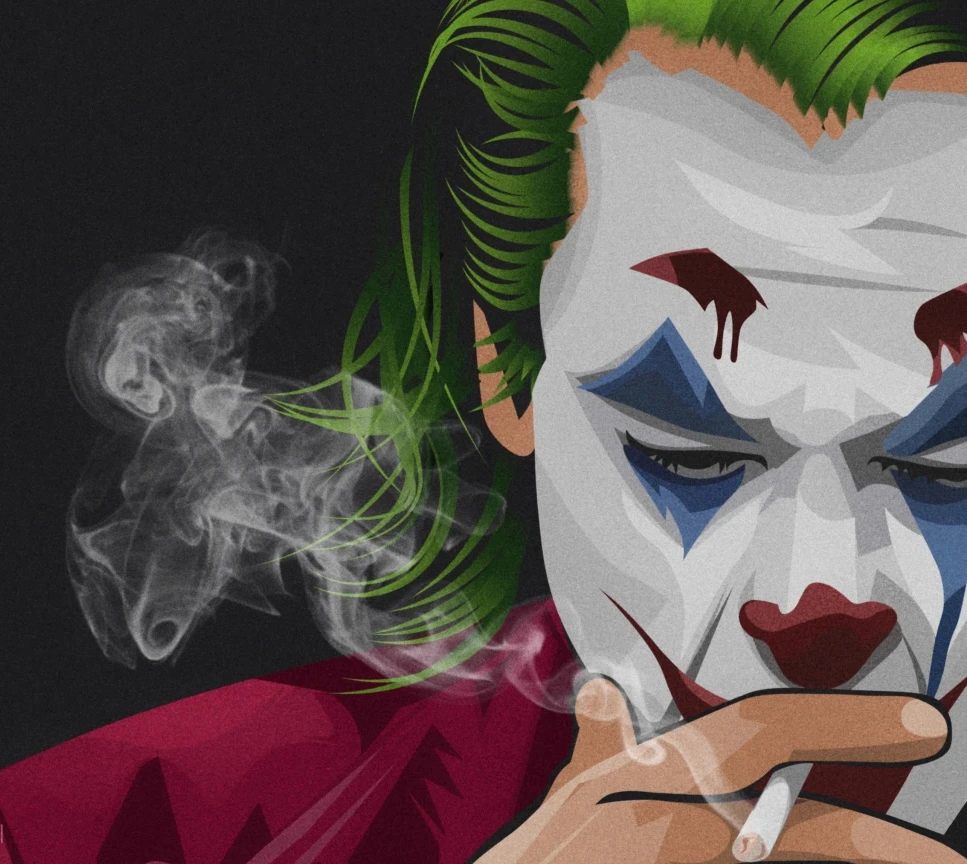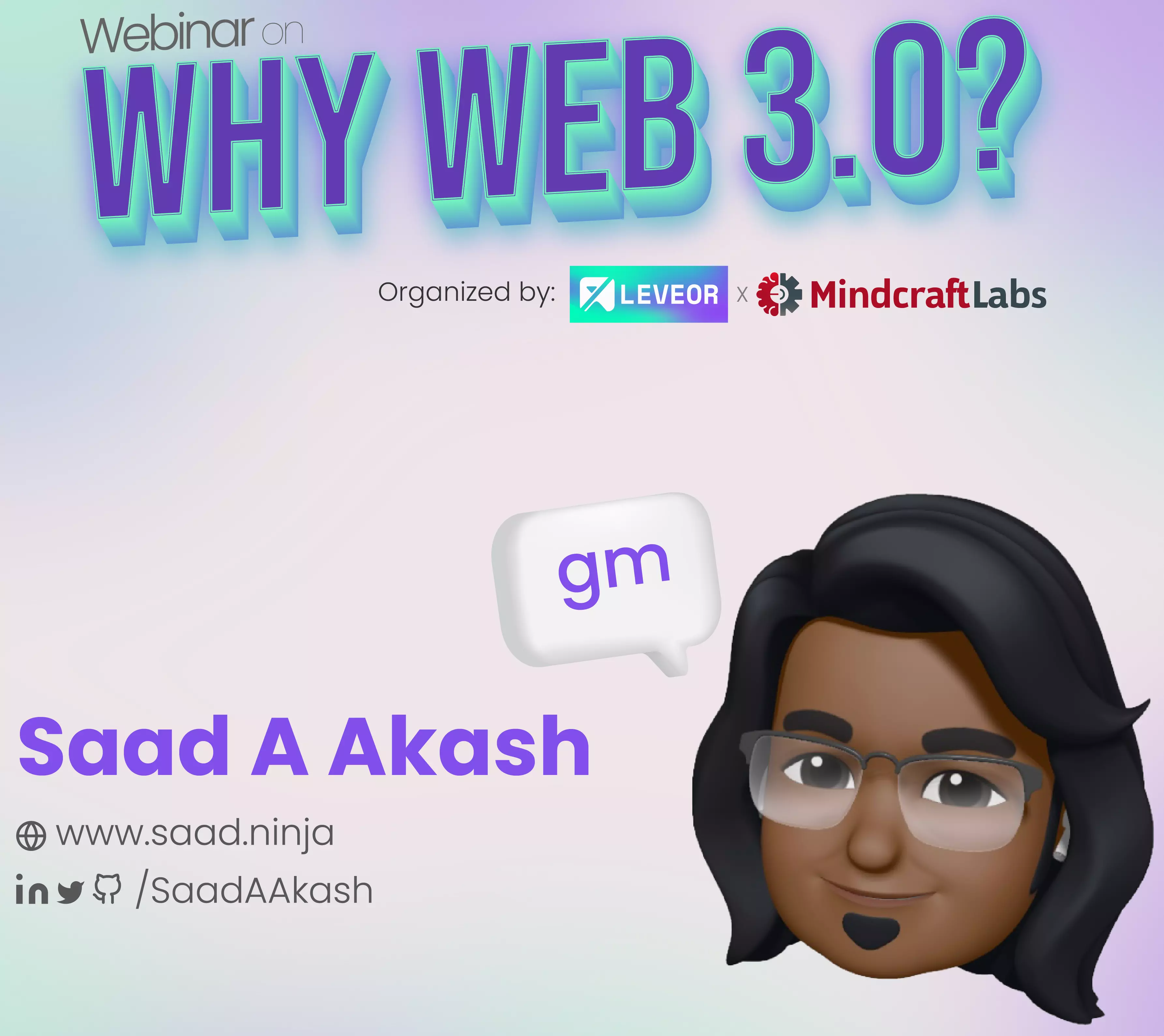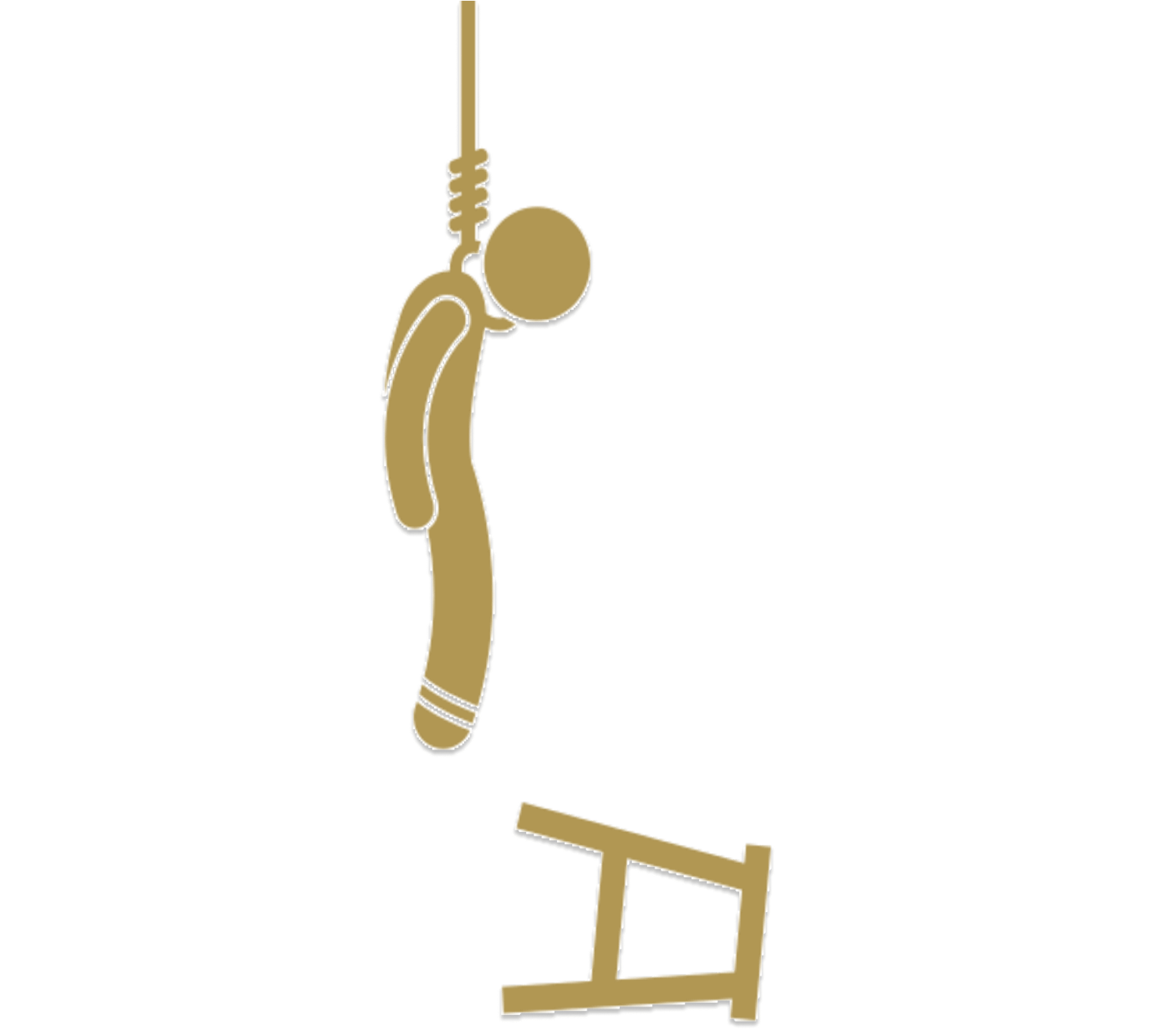Characters, IP (Intellectual Property) & Web3
Everyone has a favorite character, but until now only a few people have been a part of making that character. Even fewer actually can own it. Here comes the entertainment-tech web3 company, Adimverse, which believes that anyone who loves stories should be able to own the characters they create, and the stories they make. Adim, with Rob McElhenney as one of their Co-Founders, best known for It’s Always Sunny in Philadelphia & Mythic Quest, raised a $5 million seed roundy led by a16z to enable creators to co-create characters & stories, own its Intellectual Property and share the royalties & revenue with Adimverse NFT holders.
By combining traditional creative development practices with web3 technology, we are building a new model and value network for creators and collaborators, giving people ownership of the characters and content they create
From Chase Rosenblatt, Adim co-founder and CEO
Adimverse & Arthur Fleck
As an engineering manager working on its first draft prototype, I heard about Adimverse even before it was launched & the idea intrigued me in a lot of ways. When they released their first general membership in June, I applied for a general membership NFT pass as well with a short character analysis on one of my favorite characters, Arthur Fleck. And I got in! 🎉

Character Analysis: Arthur Fleck
As the film dives deep into the origin story of this timeless character, this version of Arthur Fleck demonstrated quite a few personality traits through short yet significant, ephemeral yet elegant moments or scenes that made it stand out for me.
To start with, Arthur exhibited a clear & conscious sense of empathy & connection through repeating interactions with his mother (bathing her, taking care of her, showing concerns, etc), the subtle attempt to humor a kid on the bus, to attempt to connect with young Bruce or his desire to receive some “warmth” from alleged dad, Wayne:
I don't want anything from you. Maybe a little warmth, maybe a hug, Dad
Arthur wanted attention, to be a showman, to be heard by the social worker, or felt a touch from the woman when his mother was hospitalized. With his profound sense of grief after knowing that her abusive mother was the cause of his traumatic brain injury & uncontrollable laugh - doubled by the humiliation on the streets & false accusations costing him the only job he has - the character then evolves to the next stage - demonstrating violence, resentment & a strong desire of searching the beauty in chaos.
A clear loss of cognitive function or empathy is portrayed by several acts that follow the revelation of these facts. Arthur started to handle the killings with unapologetic remorseless dark humor. The same character which manifested acts of empathy, care & affection then evolves to display an impulse to make himself distant from his sense of empathy & contradict himself in terms of the desire to connect that he previously carried within.
What do you get when you cross a mentally ill loner with a society that abandons him and treats him like trash? I'll tell you what you get! You get what you fuckin deserve!
The one thing that remains unchanged is his longing for attention - he still wanted to be in the spotlight - this time around, being worshipped for his acts of violence - not the acts of kindness to his mother (as he once imagined himself being praised on live TV for)!
The scene when he describes how he views his life with a seemingly apathetic facial expression while killing his mother:
I haven't been happy one minute of my entire fucking life. I used to think that my life was a tragedy. But now I realize it was a fucking comedy
As the movie narrative provokes everyone to ask what’s real & what’s not at the end - I don’t think the popular take on this character as being somewhat grim or unsettling really justifies its core tone. I always felt like there were a lot more elements in the character - opening multiple avenues for anyone who could resonate with it - anyone on a broader spectrum, ranging from those who have suffered from mental illness to those who had early childhood trauma/pasts to cope with.
With all that said, I'm pretty sure I didn't get what Arthur truly is, or has become, or will go from here. As he keeps on saying to the therapist:
You would't get it.

Shoutout to →
Related reads/listens/references →



